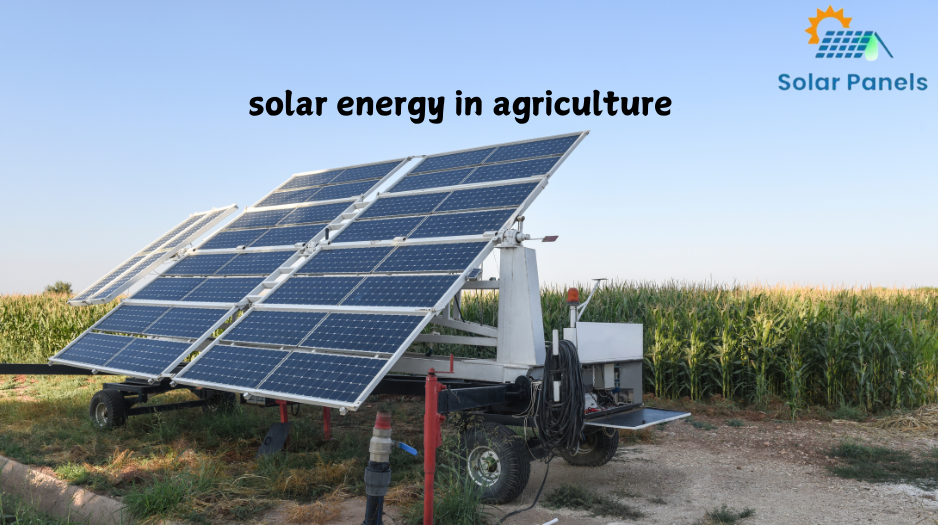Solar Charge Controller
What is a Solar Charge Controller?
A solar charge controller is an electronic device that regulates the voltage and current output from solar panels to ensure that batteries are correctly charged and not overcharged. It is critical to ensuring the battery’s longevity and overall system efficiency.Without a charge controller, batteries may experience irregular power, resulting in overcharging or deep depletion, both of which can drastically reduce their lifespan.
Types of Solar Charge Controllers
1. PWM (Pulse Width Modulation) Controllers
PWM controllers are more straightforward and cost-effective. They manage the voltage by progressively decreasing the amount of power provided to the battery as it approaches full charge.
Features of PWM Controllers:
- Ideal for small systems with modest energy requirements.
- Durable and requires little maintenance.
- Ideal for setups in which the solar panel voltage nearly matches the battery voltage.
However, PWM controllers are inefficient, particularly in systems where solar panels have a higher voltage than the battery bank.
https://solarpriceza.com/product/395w-canadian-solar-panel/
2. MPPT (Maximum Power Point Tracking) Controllers
MPPT controllers outperform PWM controllers in terms of functionality and efficiency. They maximize energy gathering from solar panels by constantly changing the voltage and current to operate at the panel’s optimal power level.
https://solarpriceza.com/product/3kva-axpert-inverter-mks-25a-24v/
Features of MPPT Controllers:
- Excess voltage can be converted into additional charging current.
- Suitable for larger systems and installations utilizing high-voltage solar panels.
- Perform well in different weather conditions.
Although MPPT controllers are more expensive than PWM controllers, the enhanced efficiency frequently justifies the higher cost, particularly in larger installations.

Functions of a Solar Charge Controller
- Battery Protection: Regulates voltage and current to prevent overcharging and ensure battery safety.
- Overload Protection: Protects the system against high current, which could harm components.
- Reverse Current Protection; prevents the battery from draining back into the solar panel at night.
- Monitoring and data tracking: Advanced models frequently include features such as data logging and remote monitoring via mobile applications.
https://solarpriceza.com/product/10kw-goodwe-3-phase-hybrid-inverter/
Selecting the Right Solar Charge Controller
Choosing the right solar charge controller depends on several factors:
- System Size: MPPT controllers are often the best choice for larger systems due to their high efficiency.
- Voltage Compatibility: Check that the controller matches the voltage of your battery bank.
- Current Rating: The controller must handle the current generated by the solar panels.
- Budget: While MPPT controllers are more efficient, PWM controllers may suffice for smaller, lower-cost devices.
Tips for Optimal Use
- Proper Sizing: To accommodate for surges, use a controller that can manage 20-25% more current than your panels.
- Monitor system performance on a regular basis using controllers with monitoring capabilities.
- Ensure proper installation: Follow the manufacturer’s instructions or engage an expert to install and configure the system.
FAQs
What is the main function of a solar charge controller?
A solar charge controller manages the flow of electricity from solar panels to batteries. It guarantees that the battery is charged properly without being overcharged or deeply depleted, thus protecting and extending its life.
Can a solar charge controller be used with any type of battery?
Most controllers handle a wide range of battery types, including lead-acid, lithium-ion, and gel batteries. Before installing anything, make sure it is compatible with the specs.
What is the lifespan of a solar charge controller?
A well maintained solar charge controller can last 5-15 years, depending on its quality, type, and usage conditions.
Do I need a solar charge controller if my system doesn’t include a battery?
No, a solar charge controller is typically used in battery-powered systems to handle charging. If the system is directly powering a load without storage, it may not be necessary.
Can a solar charge controller protect the system from overcharging?
Yes, all solar charge controllers are intended to avoid overcharging. They control the voltage and current given to the battery, stopping or lowering the flow after it is fully charged.
Conclusion
A solar charge controller is an electronic device that regulates the voltage and current output from solar panels to ensure that batteries are correctly charged and not overcharged. It is critical to ensuring the battery’s longevity and overall system efficiency. PWM controllers are more straightforward and cost-effective. They manage the voltage by progressively decreasing the amount of power provided to the battery as it approaches full charge. MPPT controllers outperform PWM controllers in terms of functionality and efficiency. They maximize energy gathering from solar panels by constantly changing the voltage and current to operate at the panel’s optimal power level. To account for any surges, always choose a controller that can take 20-25% more current than your panels.


